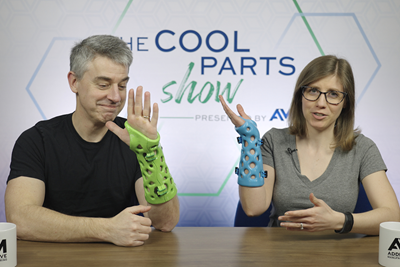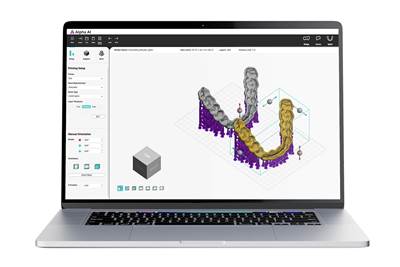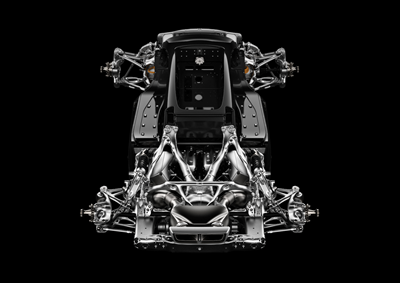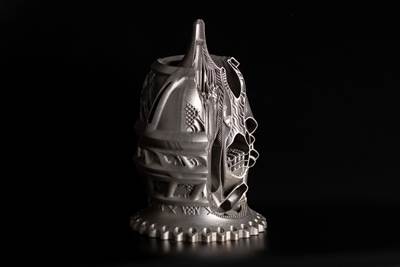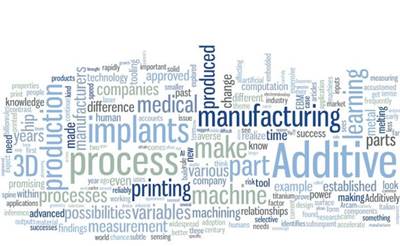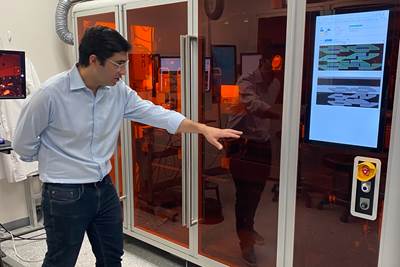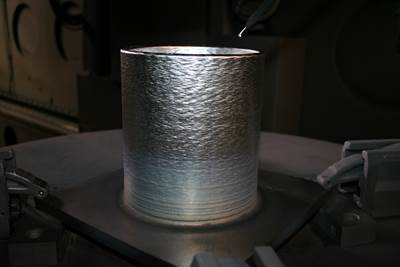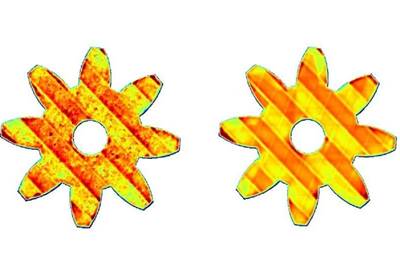Artificial Intelligence
ActivArmor Casts and Splints Are Shifting to Point-of-Care 3D Printing
ActivArmor offers individualized, 3D printed casts and splints for various diagnoses. The company is in the process of shifting to point-of-care printing and aims to promote positive healing outcomes and improved hygienics with customized support devices.
Read MoreAI-Assisted 3D Slicing Software Simplifies Dental 3D Printing Process
The software simplifies the 3D printing process so users don’t need special design training.
Read MoreDivergent Technologies Eyes High-Volume, Optimized Automotive Production Through Additive
While some automotive OEMs are using additive here and there, Divergent Technologies is basing its vehicles on 3D printed structures.
Read MoreEOS, Hyperganic Partnership to Elevate Space Components
Integration of Hyperganic Core, an AI-powered engineering software platform, with EOS’ digital additive manufacturing solutions aims to advance the space propulsion field.
Read MoreSenvol ML Enables New Approach for Material Allowables Development
Senvol demonstrates use of machine learning software to enable path for rapid development of material property allowables for additive manufacturing.
Read MoreIn Manufacturing, AI Is Clumsy Until It Is Invisible
Artificial intelligence is finding wide use in advancing additive manufacturing. We have seen a hint at how far this might go.
Read MoreExpanding Materials, Applications for Inkjet 3D Printing
Traditionally, the materials available for inkjet 3D printing have prevented the process from being used in production of end-use parts. But machine vision systems and AI are broadening the materials and applications for inkjet 3D printing.
Read MoreGenetic Engineering for Metal: The Promise of Microstructure Control via Additive Manufacturing
“To design the alloy, design the microstructure,” says this Ohio materials science startup. Artificial intelligence is helping to realize a design tool for determining the properties of 3D printed metals.
Read MoreAI to Aid Consistency in Electron Beam Additive Manufacturing
Machine vision and algorithms have helped EBAM users address problems as they occur in deposition, but AI could be able to predict problems before they happen.
Read MoreWhy Self-Supervised Deep Learning May Be Additive Manufacturing's AI Solution
In collaboration with equipment supplier EOS, artificial intelligence experts at NNAISENSE have created a self-taught “deep digital twin” to advance additive manufacturing, starting with direct metal laser sintering of titanium.
Read More
